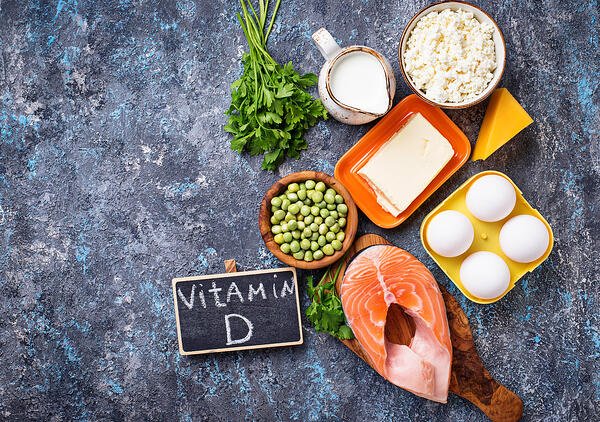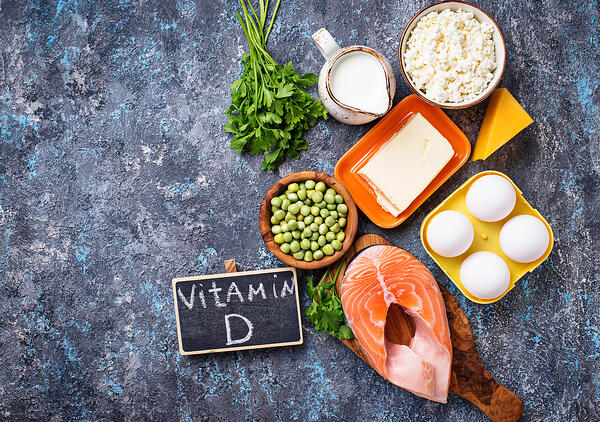
The Importance of Vitamin D & How to Know If You Are Deficient: Part 2
In Part 1 of our conversation around Vitamin D deficiency and how to know if you have it we discuss ways to identify possible deficiency. We share a few more below...

Slow wound healing. While it’s always important to make sure you have the proper amounts of vitamin D in your system, it’s especially important during and after a surgery or injury. According to research, vitamin D increases the body’s ability to produce compounds that are necessary for forming new skin when we heal after an injury or surgery. In addition, vitamin D has been known to fight infection and limit inflammation in the body, allowing for suitable healing.
Constant Cold. If you find that you simply cannot fight off illnesses, and the same cold keeps making its way back into your system, then you very well could be suffering from a lack of vitamin D. One of vitamin D’s biggest jobs is to maintain a strong immune system, prepared to fend off the viruses and bacteria that cause these illnesses. Having a direct relationship with the cells that are needed to fight infection, vitamin D is essential for keeping you healthy. Colds, bronchitis and pneumonia have all been linked to low vitamin D levels in the blood. Studies suggest taking 4,000 IU’s daily to reduce your risk of respiratory tract infections.
Muscle pain. Because we use our muscles for a variety of different movements every day, it’s sometimes hard to pinpoint the cause of pain or soreness. One study in rats with a vitamin D deficiency showed a higher level of pain and sensitivity in the muscles.
Bone loss. Age and calcium aren’t the only factors that contribute to bone loss. In fact, because vitamin D plays a significant role in the absorption of calcium and bone metabolism, it goes without saying that the lack of the vitamin can lead to bone loss. Calcium is often the go-to supplement for those who are told they are suffering bone loss, however; vitamin D works to absorb that calcium in the first place. In a study with women in various stages of menopause, scientists discovered a massive link between low bone mineral density and a lack of vitamin D.
In addition to upping your vitamin D intake by way of a supplement, there are several foods that can be added to your diet to maintain optimal levels of the much-needed vitamin. Fatty fish such as mackerel, tuna, and salmon are great options, as well as egg yolks, which are packed with vitamin D. If you find that you can relate to any of the above symptoms, then it may be a good time to assess your intake of vitamin D, and as always, ask a doctor if you are concerned.
Ready to make a change in your life? Let's talk CLICK HERE

